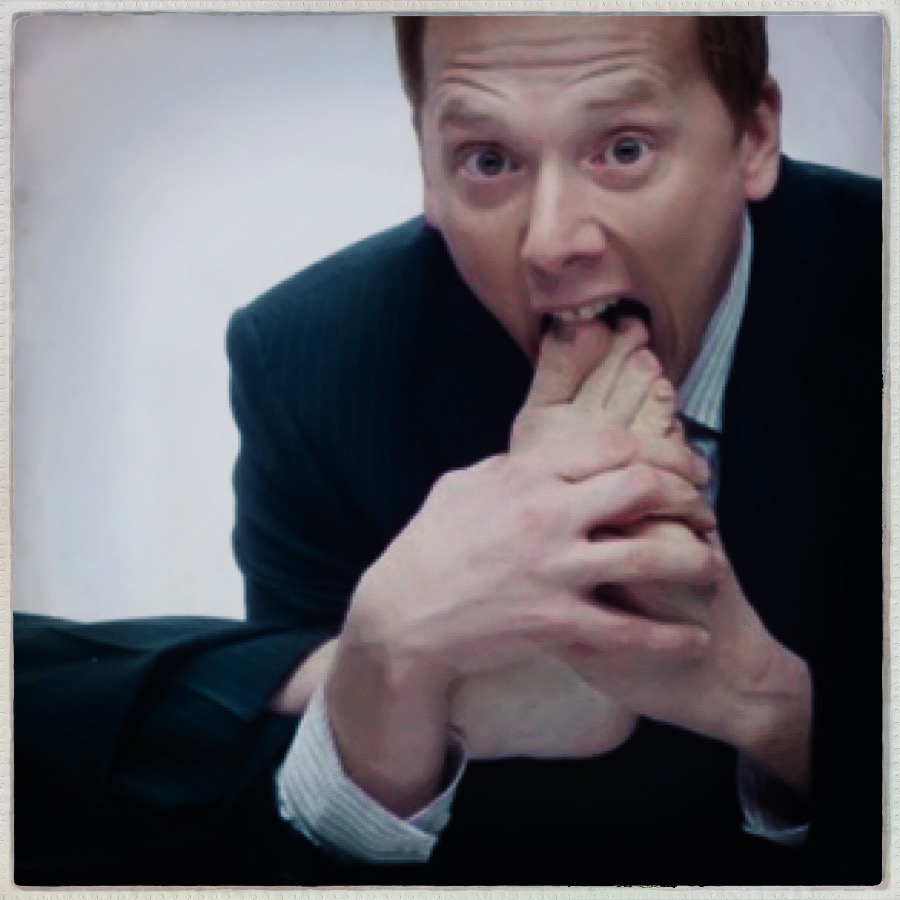ADHD: Open Mouth, Insert Friend

I will spare you the details, but I made a gaffe today that involved flagpoles, fidget spinners, and ED. If I was headlining in Vegas, I would certainly have outdone myself for sheer, bold, cheeky humor—celebrated by the audience’s raucous laughter—but since I’m some average rando calling a friend on the phone, I got the following:
“Am I the only person you have conversations like this with?”I don’t know if I got the quote right. We were both laughing. It is common for us to zing each other. However, part of my refined, adult mind started working on what he had said. I suddenly realized that I had stepped over a line.
“Yes,” I said while laughing. “You are the only person I can openly talk to this way.”
“Let’s remove one person from that equation, and I think we can solve your problem.”
“Well, I may have been excessively colorful.”
“Oh, you think?” he said while laughing.
My friends respect me—hold on, maybe “respect” is too strong a word here. Let’s say they find me entertaining like a dancing monkey on top of a car wreck. This dynamic usually works out alright, but there are times I go too far. The problem is that sometimes I don’t think before I speak. Otherwise, I wouldn’t have tread down that saucy path today. I can’t remember how we, or should I say “I”, got on the subject of ED ads, or why I didn’t stop myself. I suppose it was all those happily satisfied women in their 60s, snuggling into smugly confident men. I laugh at the ads every time. But I’m not laughing now. I almost wish I had ED instead of ADHD.
Why?
Well, I expect better of myself. For example, I haven’t used profanity in seven years this very month. It’s an accomplishment that I am quite proud of. It required a lot of work to get to this point, with several years of effort before the final grawlix. I don’t even think swears now. So why do I occasionally have conversations that head off in off-color directions? Aren’t they inconsistent with somebody who forswears swearing?
It seems to me that ADHD, more than humanity, is at play here. Inconsistencies in behavior are hallmarks of adults with ADHD. They are born from fiery impulses that burn their way out and leave scorched earth behind. Angry words, insults, jokes—even love confessions!—come from the same source. We get carried away, an errant thought crosses the stage, and we suddenly open the curtains for it. Afterwards, we get embarrassed, not because the audience booed, though that has been known to happen, but because our behavior is either not in sync with the person we wish to be, or it is completely out of sync with the people around us.
”Why did I say that?” is something I ask myself in those situations. Women who I’m not interested in suddenly think that I am. Co-workers think I’m making fun of them when I crack a joke. Friendships die in blazing glory with yet another foot-in-mouth moment. Without a positive sense of self, the entire process can be humiliating and discouraging.
Passion is the culprit. Be it anger, fear, or joy, when emotions run high, the impulse control center in the untreated ADHD mind is poorly equipped to rein in the flood of words that come pouring out. Fueled by adrenaline, what might be an occasional spurt of intemperance from somebody without ADHD becomes a firehouse of shame for somebody with the disorder. Practicing coping strategies or taking medication are often the only respite.
Fortunately, I have good friends who can let me know in a good natured way when I’ve left propriety behind like a last rest stop sign on a desert highway. Truthfully, these moments aren’t frequent, but when they do happen, I am grateful for good friends who don’t hold them against me. They let me turn around. They let me backtrack. Then they mock me mercilessly afterwards.
Coping Strategy: Learning to temper one’s tongue takes practice and determination. Fortunately, you have ADHD, so you’ll get lots of opportunity to practice. I recommend first closing the gap between when you make a gaffe and when you realize that you have. Once you can close this gap to the point where you are aware as you are making the gaffe, you have a fighting chance to take measures to choose differently in the moment.